Confused about what to do after B.Sc? Find complete information about courses and career options after B.Sc in India.
Table of Contents
Bachelor in Science is one of the most popular degree courses among the students after completing 12th Science (PCB/PCM). B.Sc is an academic degree with a course duration of three years awarded to students graduating in the field of Science. Any B.Sc graduate who is pursuing the B.Sc or completed the course would have wondered about what to do after B.Sc at any point.
This article gives a complete idea of courses and career options what to do after graduation in B.Sc.
List of Best Courses After B.Sc
B.Sc graduates can pursue a postgraduate level degree program in different fields of their interest. So this article will list those best courses after B.Sc which the students can pursue to help build their careers.
B.Ed
For B.Sc graduates, who wish to make a career in the Teaching Field, a Bachelor of Education degree would be an excellent choice for further studies. Bachelor of education is an undergraduate degree course that qualifies students to work as teachers in schools. The duration of this course is two years, with a total of 4 semesters. The B.Ed degree is necessary for teaching at the secondary and higher secondary divisions. B. Ed degree coaches the students into different and unique pedagogy techniques that aid them in improving their teaching skills even further.
Key Insights:
- Full-Form: Bachelor of Education
- Duration: Two Years
- Average Course Fees: INR 6K- 1 LPA
- Subjects Offered: Childhood and Growing Up, Contemporary India and Education, Language across the Curriculum, Understanding ICT And its Application, Gender, School and Society, Reading and Reflecting on Texts, Arts in Education, Understanding the Self, etc.
- Job Opportunities: Teacher, Financial Analyst, Project Manager (Unspecified Type / General), Team Leader, Production Engineer, etc.
- Average Salary: INR 3.49 LPA
Read More: B.Ed
LLB
An LLB or Bachelor of Law degree is a course of study of 3 to 4 years after the Bachelor of Science degree. To pursue this course, candidates must have an undergraduate degree. Designed to teach a comprehensive knowledge of legal systems worldwide, the curriculum addresses the essential elements of legal education. A few popular topics covered in the LLB program are Constitutional Law, Civil Procedure Code, Criminal Procedure Code, etc. The stream can also lead to various specializations, as it offers sectors such as Cyber Law, Environment Law, Civil Law, Commercial Law, etc.
Key Insights:
- Full-Form: Bachelor of Law
- Duration: Three Years
- Average Course Fees: INR 1- 3 LPA
- Subjects Offered: Labour Laws, Administrative Law, Jurisprudence, Taxation Law, Law of Evidence, Family Law, Law of Contract, etc.
- Job Opportunities: Legal Manager, Attorney, Lawyer, General Counsel, Legal Advisor, HR Manager, Public Prosecutor, Legal Consultant, Legal Affairs Manager, Legal Officer, Legal Assistant Paralegal, etc.
- Average Salary: INR 7.23 LPA
Read More: LLB
M.Sc
After a B.Sc degree, M.Sc courses are typically the most popular. Graduates of B.Sc programs who want to pursue higher education will find this is the easiest route. M.Sc degrees are available in many scientific and mathematical subjects. An M.Sc degree combines the study of advanced theoretical concepts with practical skills, providing you with the level of expertise required to succeed in a highly competitive market after completing the course. This degree is vital for students who wish to pursue further studies, including a Ph.D. An M.Sc. degree in a specialized field will give you a wide range of knowledge and enhance your chances of landing well-paid and promising jobs within the area. M.Sc. degrees can be used in both public and private sectors.
Key Insights:
- Full-Form: Master of Science
- Duration: Two Years
- Average Course Fees: INR 20K- 3 LPA
- Subjects Offered: Mathematical Physics, Mechanics, Numerical Analysis, Theory of Optimisation, Cell Biology, Analytical Chemistry, etc.
- Job Opportunities: Data Scientist, Research Scientist, Chemist, Biology Researcher, Clinical Research Specialist, Geneticist, Lecturer, Laboratory Technician, Marine Geologists, Oceanographers, Science Adviser, etc.
- Average Salary: INR 8.4 LPA
Read More: M.Sc
MBA
MBA is one of the most sought-after career choices for graduates of every stream, and B.Sc graduates are not an exception to this rule. It is a postgraduate academic degree with a course duration of 2 years. Besides providing students with theoretical and practical training in business administration and finance management, a Master of Business Administration degree is designed to prepare them for jobs related to those fields. This program aims to assist candidates in gaining a thorough understanding of the processes involved in standard business administration and management. Due to their broad business knowledge combined with business administration and management skills, MBA graduates are highly valued by companies and organizations.
Many institutes in India offer MBA degrees specializing in scientific streams like hospital management, laboratory management, and IT management, mostly recommended for B.Sc graduates.
Key Insights:
- Full-Form: Master of Business Administration
- Duration: Two Years
- Average Course Fees: INR 3- 10 LPA
- Subjects Offered: Management Theory and Practice, Strategic Management, Accounting, Financial Management, Marketing Management, Business Economics, etc.
- Job Opportunities: Teacher, Financial Analyst, Project Manager (Unspecified Type / General), Team Leader, Production Engineer, etc.
- Average Salary: INR 6.56 LPA
Read More: MBA
MCA
As a master's degree in science, a master's degree in computer science is a postgraduate degree. MCAs has typically four significant components - Mathematics, concepts from core computer science courses, non-core computer courses, and software development/design courses. MCA specializations include Systems Management, Systems Development, Systems Engineering, Management Information Systems (MIS), Networking, Application Software Development, and Hardware Technology.MCA degrees are ideal for those seeking lucrative careers in information technology. Government and prestigious IT companies both recruit MCA degree holders.
Key Insights:
- Full-Form: Master of Computer Application
- Duration: Three Years
- Average Course Fees: INR 30K- 2.4 LPA
- Subjects Offered: Computer Architecture, Computer Networks, Data Structures, Java Programming, Project Visual C++, Software Project Management, etc.
- Job Opportunities: Senior Software Engineer, Software Engineer, Software Developer, Sr. Software Engineer / Developer / Programmer, Team Leader (IT), Project Manager (IT), Lead Software Engineer, etc.
- Average Salary: INR 5.3 LPA
Read More: MCA
PGDM
The PGDM course is another popular option after B.Sc. What sets it apart from traditional MBAs? It contains knowledge related to quality management in an incredibly condensed and specific manner. Based on the location and nature of the program, the coursework duration may range from six months to two years. It focuses on the breakdown of related managerial functions, such as Finance, Human Resources, Accounting, etc. One example of this is a PGDM with a concentration in Finance that will provide you with a thorough understanding of management applied to financial tools, such as investment and capital. A wide range of electives is also offered to students to gain a multidimensional perspective on the subject.
Key Insights:
- Full-Form: Post Graduate Diploma in Management
- Duration: Two Years
- Average Course Fees: INR 3- 12 LPA
- Subjects Offered: Managerial Economics, Finance & Accounting, Organizational Behavior, Research Methodology, Business Ethics, Communication, etc.
- Job Opportunities: Administrative Officer, Business Consultant, Finance Manager, Human Resource Manager, Public Relations Officer, Marketing Executive, etc.
- Average Salary: INR 10 LPA
Read More: PGDM
Other Courses
Apart from the mainstream courses offered by various institutions, there are short-term courses, which are comparatively shorter in duration, and these courses usually focus on one specific topic. Some of these courses are listed below:
Data Science
Among the most promising careers available today is Data Science. There has been an exponential growth in the demand for skilled and certified Data Science professionals because organizations are increasingly adopting technologies such as AI and ML. In turn, Data Science programs and courses have become more and more popular. With both students and professionals becoming interested in data science certifications, the market has exploded. In general, certification programs in Data Science take anywhere from three to eighteen months. While gaining relevant mathematical/statistical knowledge in the process, certification programs allow you to work on practical assignments/projects.
Machine Learning
A broad subset of Data Science, Machine Learning is one of the hottest trends on the market today. All sectors of modern industry are dominated by Machine Learning applications, from software/IT to healthcare and education. Many individuals choose to take online Machine Learning certification courses to become trained and certified ML experts as the demand for such experts is at an all-time high. Students enrolled in Machine Learning courses learn how to design intelligent systems that can utilize large datasets to learn. These courses focus on supervised learning, unsupervised learning, and the best practices of the field.
MIM
Depending on the country and university an individual plans to apply to, the Master of Management (MIM) lasts for one or two years. A MIM degree emphasizes Marketing, Finance, Entrepreneurship, Consulting, and similar fields. Those seeking postgraduate courses with a good return on investment should consider this course. Studies at a college or university can help working professionals move up the corporate ladder. MIM courses are suitable for those who have an interest in Finance, Marketing, or Management. MIM is an excellent option for those seeking a management course beyond an MBA.
Technical Short Term Courses
Suppose you are a B.Sc graduate looking for a skill-based program. In that case, you can enroll in various technical short-term courses like graphic design, web design, programming languages, financial accounting, a postgraduate diploma, foreign languages, SEO, and PPC training, and many more. There are classroom and online versions of these courses. By taking short-term courses in different fields, students acquire the technical and theoretical knowledge to excel in their careers.
Career Options After B.Sc
Many B.Sc graduates often opt for a master level program in their respective domains, Unaware of excellent career options after a B.Sc degree. The students can opt to work in various fields of their domains. The B.Sc graduates are provided with high-paying jobs with respectable positions, and they are listed.
- Chemist
- Researcher
- Scientific Assistant
- Software Developer
- Teacher
- Technical Writer
- Biostatistician
- Clinical Research Manager
- Consultant
- Enumerators
- Scientist
Chemist
Chemistry is one of the crucial aspects of science, as the composition of any element decides almost all things. So, to become a chemist, one has to master the studies. The chemist usually works in research firms, drug preparation, medical industry laboratories, and so on. The day-to-day medicine that we use and other drugs employed for the patients marks the work of the chemists.
Researcher
After mastering the field that one chooses to get in, one can become a researcher in that field. Every area consists of research going on, right from the basic sciences to the history courses. Their researchers should know the methodologies to carry out the study and the analysis methods. The researchers arrive with new concepts in their field with the help of their core knowledge.
Scientist Assistant
After completing the B.Sc course in any scientific stream such as Physics, Chemistry, Biology, Biochemistry, Biotechnology, etc., one can become an assistant scientist in the research firms unless they get the necessary experience. The scientific assistant job role consists of the research works under supervision. The students entering the research field learn a lot about the practical application of the concepts studied.
Software Developer
The graduates, after completing the B.Sc Computer Science, can become software developers. The prime duty of the developers is to develop new applications for the functions of the firm. Many IT sectors take in these graduates along with the engineering candidates. These developers also work under managing the previously developed software, fix the bugs in the applications, and arriving at possible solutions to rectify an error in the software.
Teachers
Any B.Sc graduate can get into the teaching professions after completing the B.Sc program or opt for a Bachelor of Education (B.Ed) to learn more about the teaching principles and strategies. Teachers are one of the most influential people in students’ lives, so this profession holds importance. The B.Sc candidates can become teachers in their relative field of study.
Technical Writers
Every company has its documentation works to do, and the technical writers are the ones to help the firms with the writing part as documentation, preparing a brochure for clients, and so on. The companies look forward to people with persuasive language, writing ability, and firm knowledge of the core concepts. These days, many companies even offer freelancing options for writers.





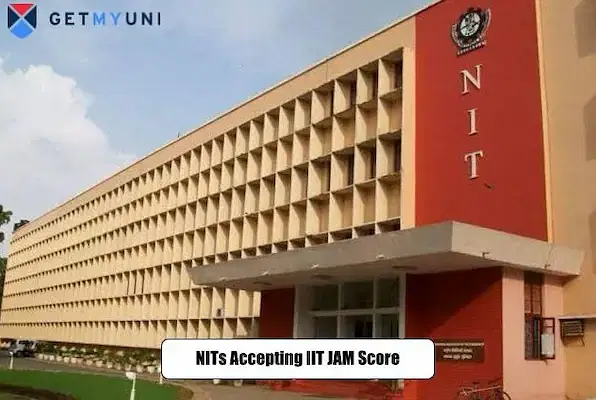

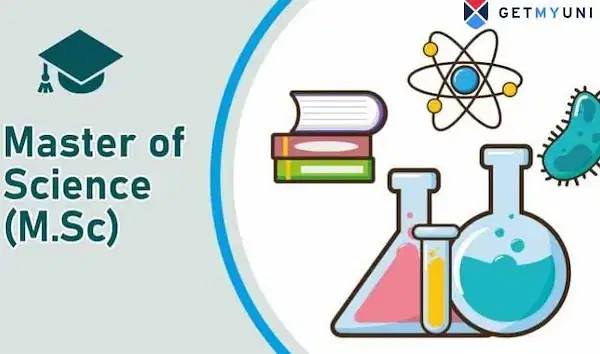
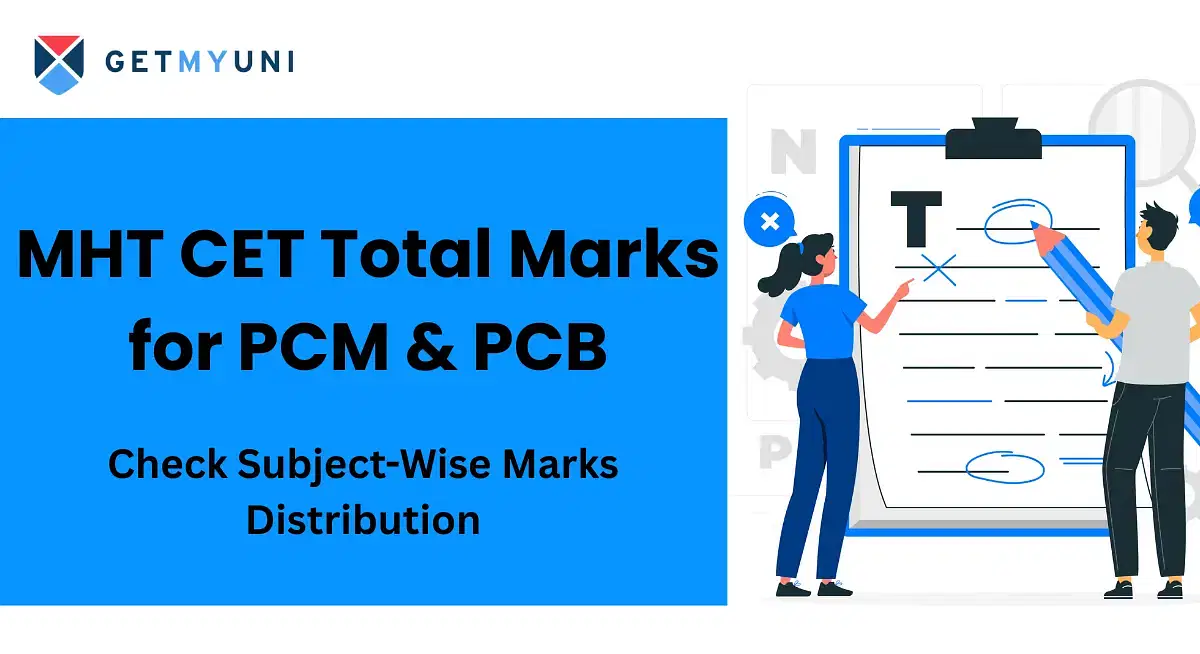



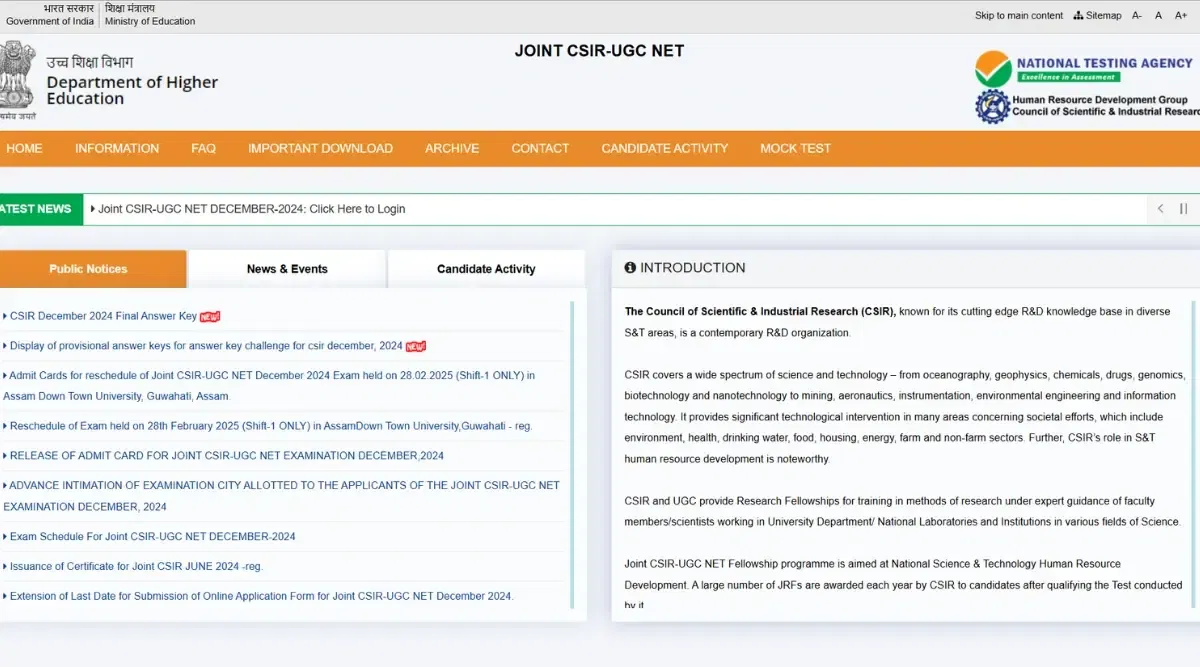

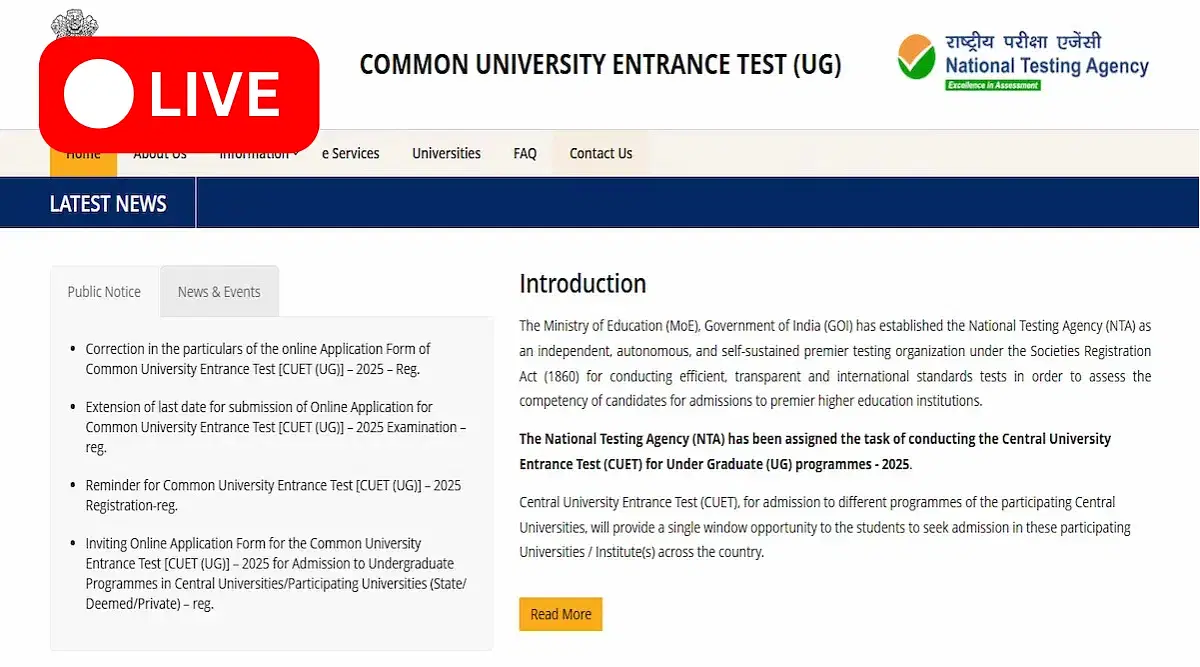
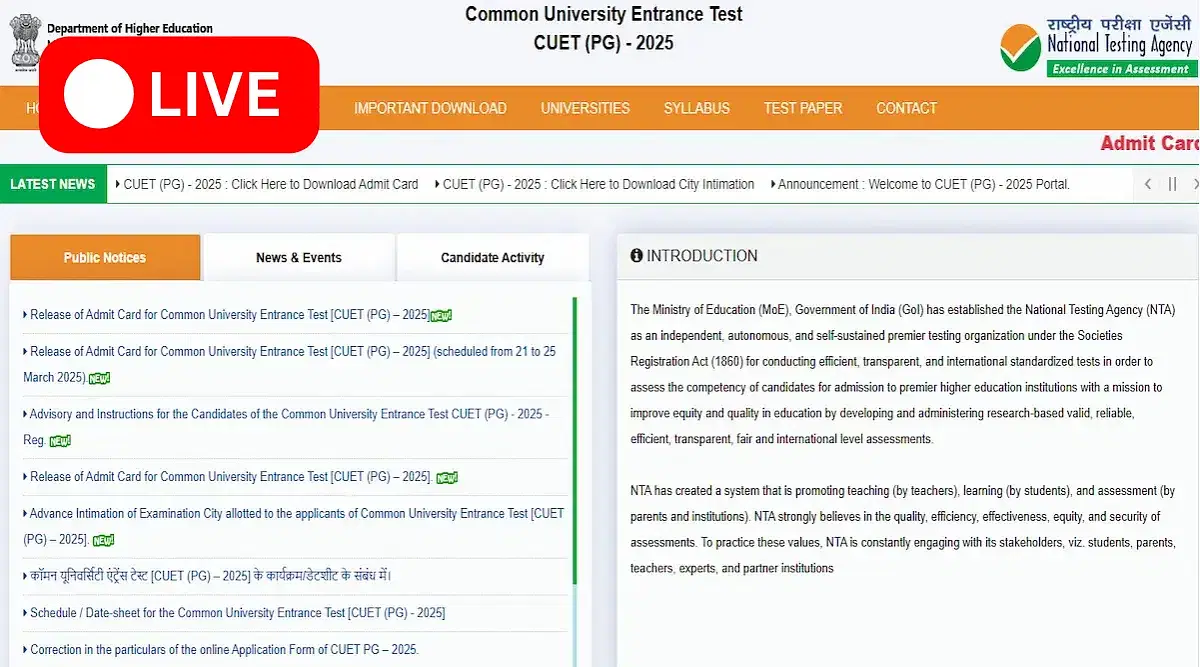

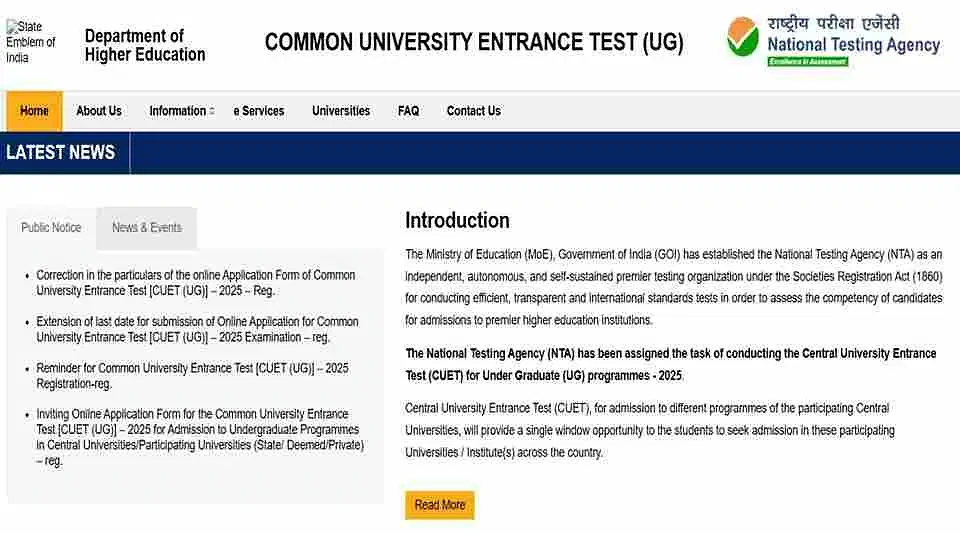
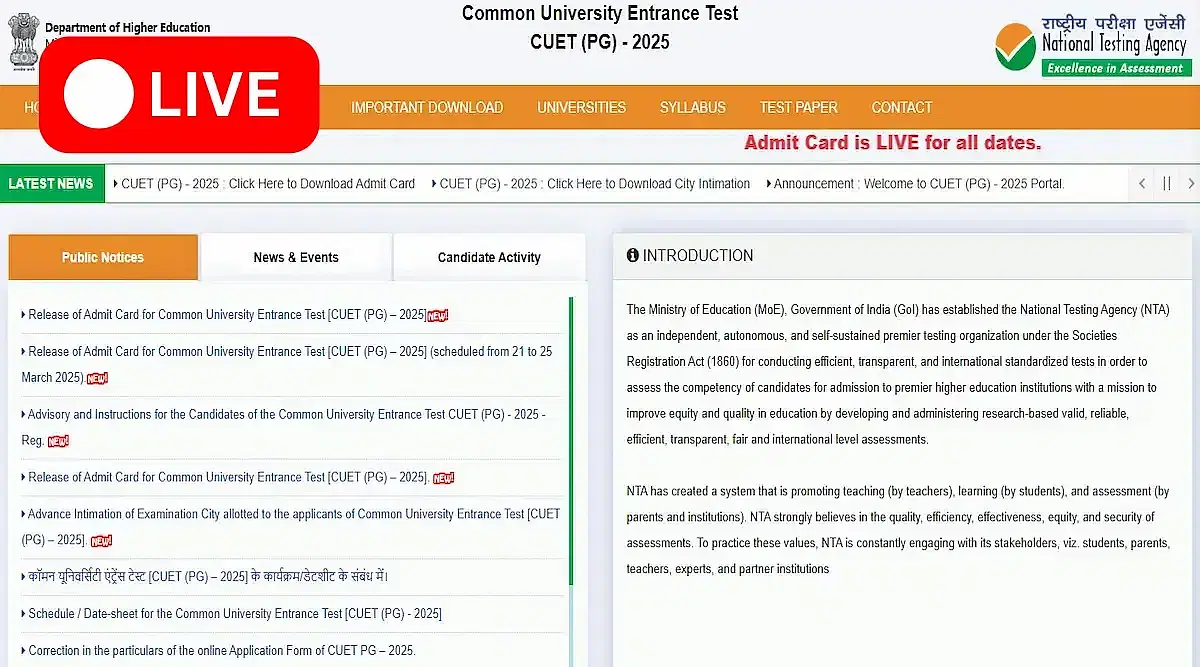







POST YOUR COMMENT